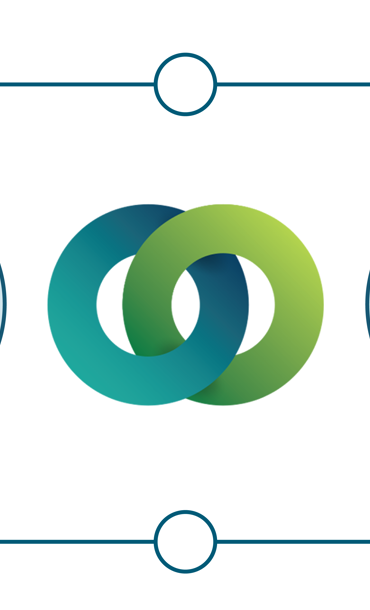Think before you throw

Do you know where the contents of your household bins end up? Here in West Sussex, you can recycle a range of items at home, but have you ever stopped to think what happens to them once they have been collected from your house?
We are working with the West Sussex Waste Partnership to answer your most frequently asked questions, show you what happens to your recycling and waste and why it is so important to put the right thing in the right bin.
Together, we are asking you to ‘Think Before You Throw’ and recycle as much as you can.
What to recycle and where
Here in West Sussex we have a recycling system that you can be proud to be a part of.
In order for the Materials Recycling Facility (MRF) to process recycling correctly, materials must be:
- clean - free from food and drink leftovers
- dry - keep your recycling bin lid shut
- loose - no plastic bags
To find out what can be recycled in your bin at home watch our video or visit our preparing your household recycling page:
There is a full A-Z of materials that you can search, and if you live in Chichester District, Arun District, Adur and Worthing, or Horsham District, you can also download an app below that has a fully searchable option.
- Adur and Worthing Councils services mobile app
- Arun District Council mobile app
- Chichester District Council mobile app
- Horsham District Council mobile app
You can also visit one of our Recycling Centres to recycle even more materials. Watch our video for more information on how to book a slot:
Some District and Borough Councils offer additional kerbside collections for materials such as small electricals, textiles or batteries. Find out more by visiting our household collections page.
What happens to recycling and waste in West Sussex?
Recyclable material collected from your household bins across West Sussex is taken by collection vehicle to a transfer station, or direct to the Materials Recycling Facility (MRF) in Ford. Materials from the transfer stations, located across the county, are combined together and moved in large lorries by our partner Biffa, and taken to the MRF for processing.
The MRF processes the recycling and separates it out into different material types using automated machinery. This is why we ask that all materials are loose within your bin, as the machine cannot sort anything that is tied up in a bag. Find out more about the MRF.
Material from the Recycling Centres is taken to the MRF or MBT, or sent directly to reprocessors, such as the wood that is collected on site, the garden waste and the paper and card that is collected separately.
Reducing waste
Last year we reused or recycled over 200,000 tonnes of waste in West Sussex but there is still a lot of material going into the general waste bins that could be reduced, reused or recycled.
Up to 59% of the contents of the average waste bin in West Sussex doesn't need to be there and most of that is food waste. Discover how to make the most out of your food at home and to help us in our Fight Against Food Waste. You can also find out more about reducing your waste.
As part of our mission to reduce waste as much as possible we have produced this short video to encourage people to reuse nappies when they can. Reusable nappies come in all different styles and are so much easier to use than they used to be.
Our Recycling Centres also offer various services to help residents reuse as much as possible. Visit out Recycling Centre reuse page for more information.
For more information watch our full video series on our YouTube channel.
